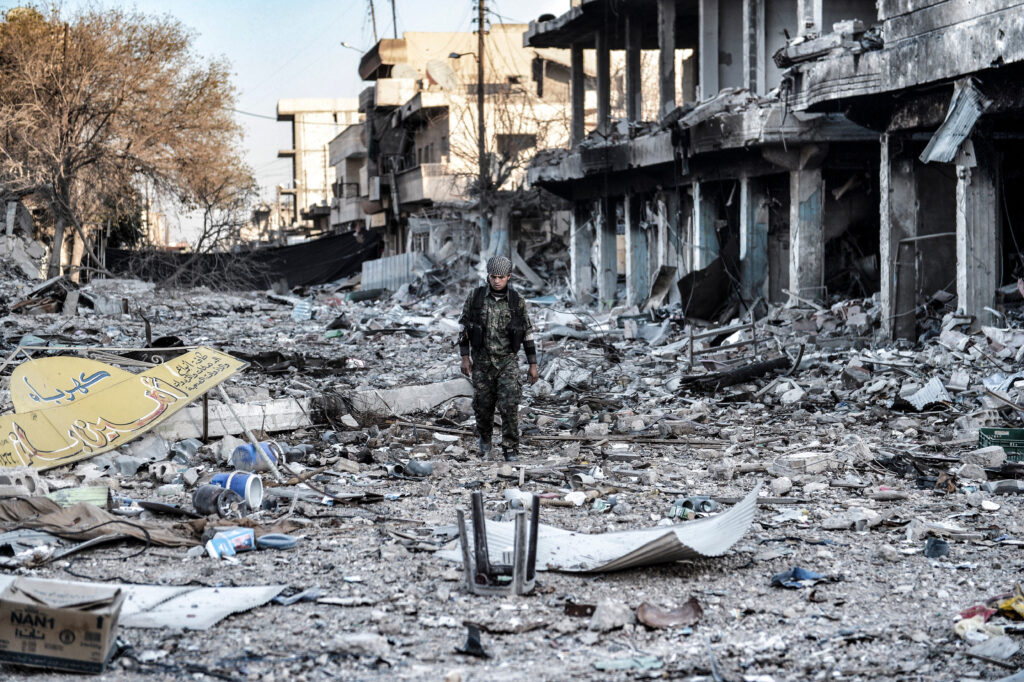The Kurdish-led Syrian Democratic Forces (SDF) launched a counteroffensive against the Turkish-backed Syrian National Army (SNA) near Syria’s northern border. The battle focuses on reclaiming areas lost to the SNA, including the key city of Manbij.
Since the fall of Bashar al-Assad’s regime earlier this month, clashes between the SDF and SNA have escalated. These battles occur as Syria grapples with political uncertainty following decades of rule under the al-Assad dynasty.
Ruken Jamal, spokesperson for the Women’s Protection Unit (YPJ), confirmed their fighters are advancing toward Manbij, seven miles from the city center. Jamal accused Turkey of using the SNA offensives to weaken Kurdish influence in ongoing negotiations about Syria’s political future.
Ankara’s Aggressive Stance Against the SDF
Ankara views the SDF as an affiliate of the Kurdistan Workers’ Party (PKK), which it considers a terrorist organisation. Turkish-backed groups and airstrikes have long targeted SDF positions to establish a buffer zone along the shared border.
The UK-based Syrian Observatory for Human Rights reported that the SNA’s offensive in northern Syria has resulted in dozens of deaths on both sides. Turkish jets have also pounded Kobani, a strategic border town, while the SDF regained four villages near the Tishrin Dam after intense fighting.
The SDF has relied on U.S. support to combat Islamic State (IS) remnants. However, ongoing clashes with the SNA have hindered their ability to target IS sleeper cells, raising fears of a resurgence.
Political Negotiations Amid Escalating Violence
Despite al-Assad’s removal, Ankara’s stance on the SDF remains unchanged. Turkish Foreign Minister Hakan Fidan reiterated this position during a meeting with HTS leader Ahmad al-Sharaa in Damascus.
Fidan criticized the international community for overlooking what he described as “lawlessness” in Kurdish-controlled regions. He accused the SDF of creating a “cauldron of terror” by harboring PKK members and far-left groups.
SDF Commander Mazloum Abdi expressed concern that ongoing violence is creating a power vacuum, allowing IS sleeper cells to regroup. “This instability jeopardizes the fight against IS and Syria’s fragile path toward peace,” Abdi warned.
